'Old friend' of China helped build relations
Updated: 2015-03-24 07:59
By Zhang Yunbi(China Daily)
|
||||||||
A political heavyweight, he was 'an old friend of the Chinese people' who had visited the country 30 times and watched history unfold
In Beijing's eyes, Lee Kuan Yew, the late founding father and leader of Singapore, was a political heavyweight whose presence was keenly felt during significant moments of China's development. He was not only "an old friend of the Chinese people" but also "the founder of China-Singapore relations", according to official Chinese news releases.
Lee pioneered bilateral, top level interactions 14 years ahead of the establishment of the two countries' diplomatic relations in 1990.
He had been to China more than 30 times. His was known for his good relations with the country's top figures, especially the late leader Deng Xiaoping.
In 2013, Lee made the headlines because of his comments about President Xi Jinping in his book One Man's View of the World: "He struck me as a man of great breadth. I would put him in the Nelson Mandela class of persons."
Zhang Jiuhuan, the Chinese ambassador to Singapore from 2000 to 2004, said Lee was a man "with thoughts free from orthodoxy".
His pragmatism in diplomacy made Singapore a pioneer among Southeast Asia nations in harvesting large-scale trade, economic cooperation and talent exchanges with China, Zhang said.
Those who witnessed history unfold, as well as other observers, hailed the Singaporean statesman's efforts in inspiring China's reform and opening-up as well as facilitating cross-Straits ties.
Among the ordinary Chinese public, Lee was renowned for shaping a clean government.
Jin Canrong, a professor of international relations at Renmin University of China in Beijing, said that the country has "benefited a lot" from Lee's efforts in "sharing Singapore's successful experience in governance".
Lee's advocacy for talent exchanges helped Singapore serve as a de facto, inspirational training center for visiting Chinese officials.
In 2011, Xi, then China's vice-president, told Lee in Beijing that "tens of thousands of Chinese officials at various ranks have been to Singapore for visiting and studying", and "this has played an important role in promoting bilateral relations and China's construction for modernization".
Besides cultivating talent, Lee also proposed the China-Singapore Suzhou Industrial Park, a role model for China's economic cooperation with other countries.
The park was inaugurated in February 1994 in East China's Jiangsu province. More of such industrial parks hosted or co-hosted by China have been established at home and abroad.
Lee has also played a special role in boosting cross-Straits ties, Jin Canrong said.
Lee has long been known as a liaison between Taiwan and the Chinese mainland. In 1993, Singapore hosted the historic "Wang-Koo meeting", which gathered heads of two non-governmental organizations authorized by Taiwan and the mainland.
In April 1993, Wang Daohan, head of the mainland's Association for Relations Across the Taiwan Straits, and Koo Chen-fu, chairman of the Taiwan-based Straits Exchange Foundation, met in Singapore, paving the way for the improvement of cross-Straits ties.
In addition to his identity as a frequent visitor to China and guest of Beijing, Lee was internationally known as an insightful observer of China-related affairs who was often sought out for advice.
His books, articles and comments on China's evolving role in regional and global contexts - either positive or negative, in the eyes of ordinary readers - often put him in the media spotlight.
Some observers have regarded him as a bridge that connected China and the rest of the world, while others described him as a mirror that reflected "how China looks in the eyes of the region and other parts of the world".
zhangyunbi@chinadaily.com.cn
(China Daily USA 03/24/2015 page3)
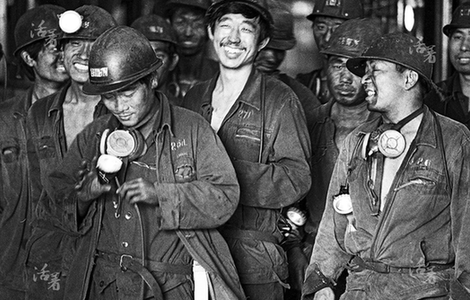
 Dramatic changes for Chinese miners in the last 30 years
Dramatic changes for Chinese miners in the last 30 years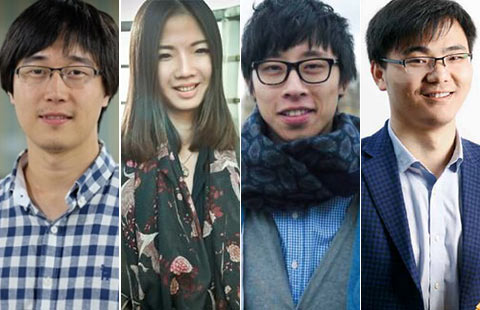
 Top 10 young Chinese entrepreneurs defining the future
Top 10 young Chinese entrepreneurs defining the future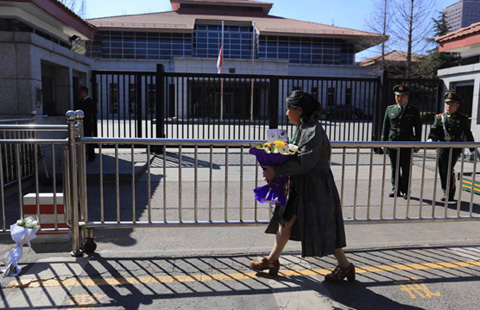
 Singapore Embassy in Beijing mourns Lee Kuan Yew
Singapore Embassy in Beijing mourns Lee Kuan Yew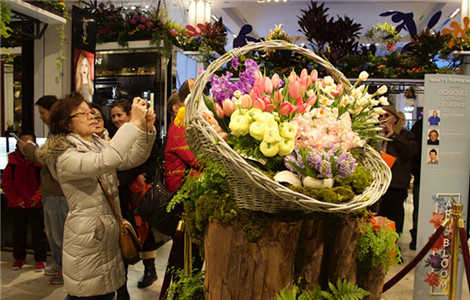
 China joins legendary flower show
China joins legendary flower show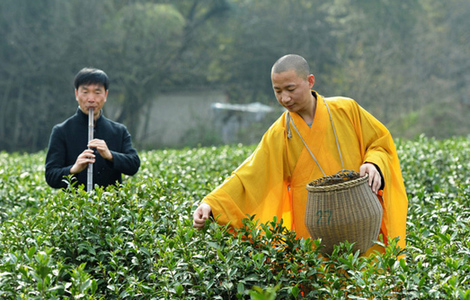
 Monks perform tea-picking ritual in Hangzhou
Monks perform tea-picking ritual in Hangzhou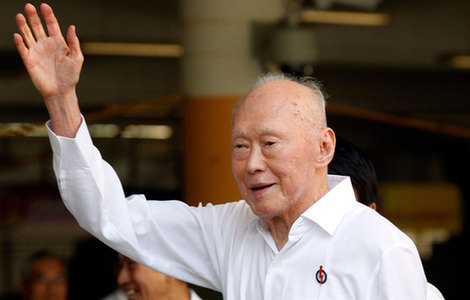
 Singapore founding father Lee Kuan Yew
Singapore founding father Lee Kuan Yew
 5 things you may not know about the Spring Equinox
5 things you may not know about the Spring Equinox
 Solar eclipse wows viewers
Solar eclipse wows viewers
Most Viewed
Editor's Picks

|

|

|

|

|

|
Today's Top News
Students humbled by trip to China
Antitrust policy 'treats
all fairly'
Lee remembered as 'old friend' of Chinese people
Huawei plans big push to sell smart devices in US
Texas Republican Cruz announces presidential bid
Fictional TV presidents more popular than Obama - poll
Beijing artist gives back to opera
Kites of Asia soar at Smithsonian
US Weekly

|

|







